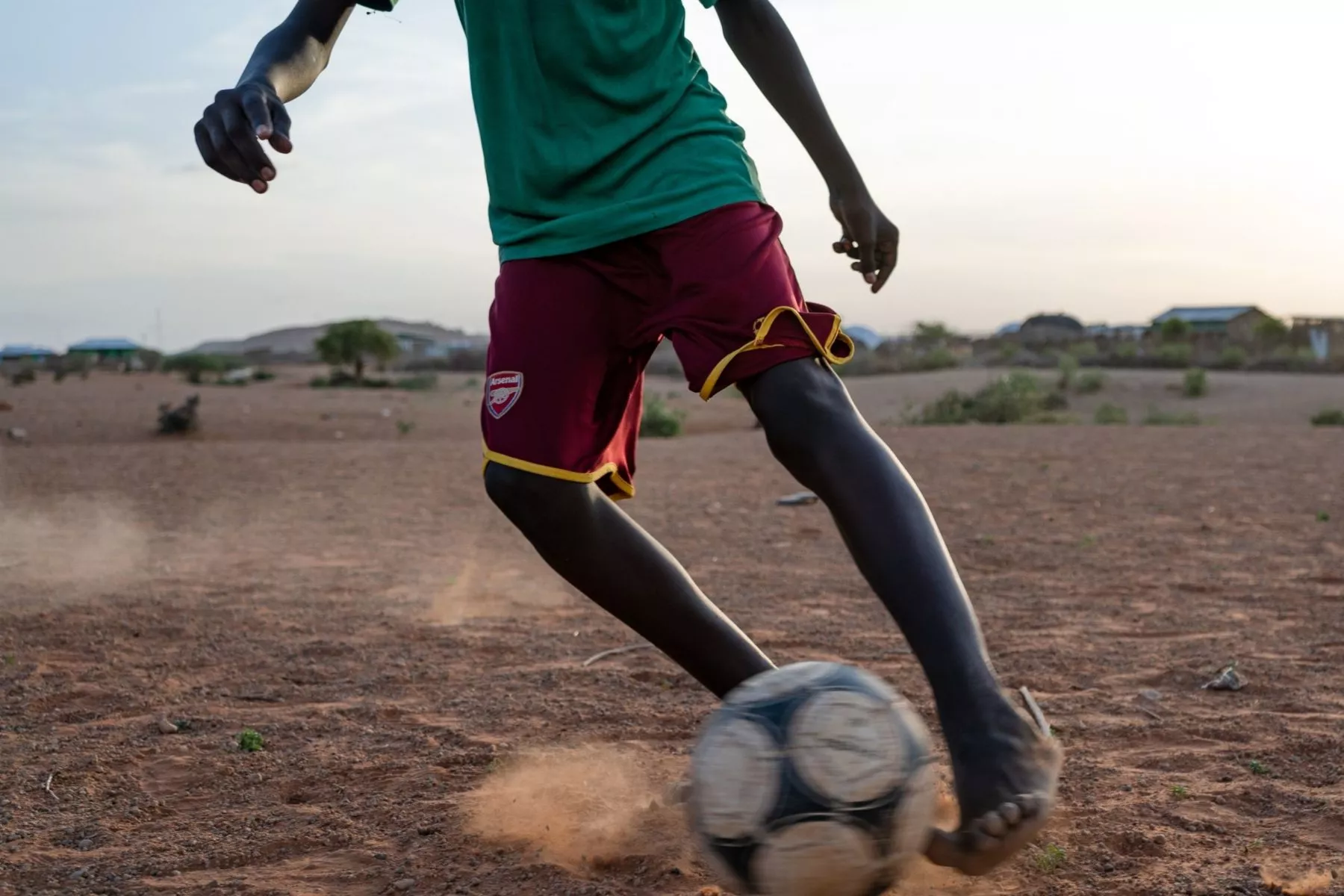Research focus
Context
Perceptions of humanitarians assisting refugees are usually associated with the United Nations or large international organisations, rather than refugees themselves. In crisis situations around the world, though, refugee-led organisations frequently provide important basic services such as food, public health, and education. And yet they do so in the absence of any form of systematic funding or recognition by international donors or UN agencies.
Funding and recognition for RLOs
Evidence was needed to highlight the important contribution of refugee-led social protection and to identify the conditions under which RLOs can most effectively meet the needs of displaced communities. During COVID-19, as UN agencies and international organisations withdrew from camps and cities, refugee-led social protection became even more essential. And so research undertaken prior to COVID-19 was utilised to try to increase funding and recognition for refugee-led organisations.
The research focused on refugee camps and cities in Kenya and Uganda. Anthropological research on the work of refugee-led social protection was integrated with international relations research on how international institutions shape funding and recognition for refugee-led organisations (RLOs). The main research question was: what explains variation in the scale and scope of refugee-led social protection? The research was published as a book, The Global Governed? Refugees as Providers of Protection and Assistance (Cambridge University Press 2020).








